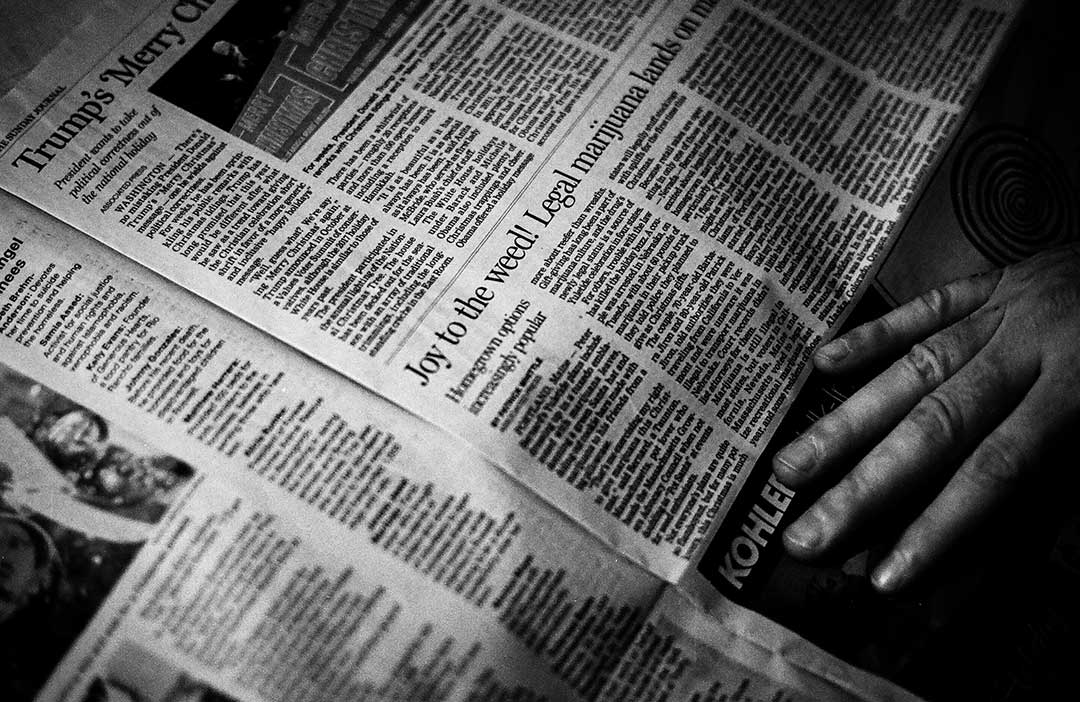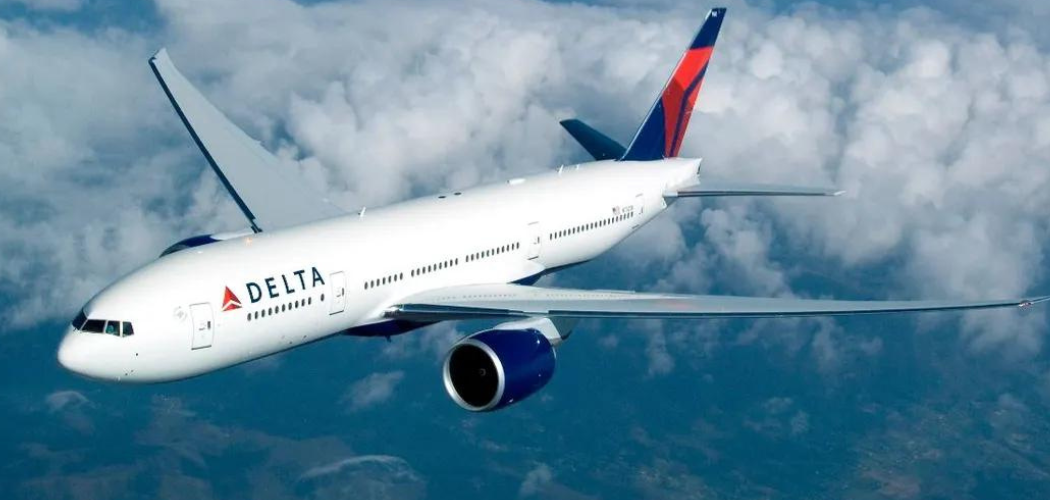Tesco to refine targeting of Clubcard members
Speaking at the recent Global Summit of the Consumer Goods Forum in Turkey, Philip Clarke explained in his speech, 'Follow the customer or die', how Tesco is planning to refine the targeting of its Clubcard members.
Clarke began: "You've changed, the world has changed - and the pace of change never ceases to accelerate. And there's no better place to discuss what that means for us than here at the Consumer Goods Forum - an organisation that has a well-deserved reputation for being at the forefront of debate about our sector, as this conference proves. And what better place to meet than Istanbul, a city that is no stranger to change, having been at the centre of trade for centuries."
'Follow the customer or die' is a stark truth that shaped trade in ancient times as much as it does today. Success or failure in our business depends on us delivering for our customers - something traders in Constantinople would have understood just as much as any of us here in Istanbul today. I want to talk about what following the customer means in the digital age; how businesses like Tesco are responding to the challenges this poses; and what this will mean for customers in the future.
Think back a generation, to the 1980s, when I began my career in retailing. Many retailers would know their customers individually. Some customers you would know by name. Others you'd know well enough to give a friendly smile and ask "how are you today?" And you could do this for a very simple reason: you would see the customer. This relationship between retailer and customer had not really changed from the dawn of trade. We were still in the era of the individual. If you knew and understood each of your customers inside out, you could give them what they wanted. By doing that, you could earn the most important thing of all: customers' loyalty - the all important ingredient of successful retailing. Loyal customers are the most precious asset any company can have. A loyal customer is one that returns to shop with you time and again, enabling the retailer to invest, grow, innovate. But to win that loyalty, a retailer has to reward the customer.
Tesco realised the importance of loyalty almost 20 years ago, when we took a step that would transform retailing, by creating Clubcard. Thanks to the bar code and computers, we could gather mountains of data about what products each of our customers was buying. By analysing it, we could personalise our offer, giving customers offers and incentives to shop with us. For example, if someone started buying nappies, we could offer them the things you need for a young baby. It was a way of saying "thank you", of showing we cared, and we valued their loyalty to us.
Since then, the world has changed profoundly - and Tesco with it. There has been an explosion of choice. A typical Tesco Extra store today in the UK offers 60,000 lines of goods. In the mid-1990s, the average Tesco offered just 25,000.
Just as profound is the impact that digital technology has had on retailing. Clubcard was launched in the days before the internet, the dot.com boom. Mobiles were still a luxury. Facebook, Iphone, apps - these words had not touched anyone's lips.
Today the world is, quite literally, at customers' finger-tips. In much of the world, so long as you have access to the internet, people who live in villages have just as much choice of goods as people who live in mega cities. You now don't need to move from your armchair to buy anything. And so that personal contact, at the till or at the meat counter, has been completely transformed. The website and the delivery man - that is now the retail "experience" for millions of people.
The dizzying pace of change shows no sign of slowing down. According to one estimate, the number of devices connected to mobile phone networks will overtake the number of people on Earth within five years. By 2020, everyone under the age of 21 will be a digital native - someone who has grown up in the digital world. In their minds, the differences between a store and a website, a Tweet and an advert are not just blurred: there is no difference at all. Twitter, Facebook, Google, Smartphones - these things are as central to their lives as electricity, newspapers, the radio and then TV were to people in the 20th century. For this generation, the generation that has grown up in the digital age, the world is their forum, with literally millions of strangers influencing opinions about taste, fashion and great new offers.
And yet, beneath all this upheaval, some things have stayed the same. The customer is still king - his or her power has just increased. They still want simplicity; they still want convenience; and they are still drawn to brands that they trust, which are not merely relevant to their lives, but thank them for their custom. So, in this digital world, the challenge for the retailer remains the same: how to build loyalty - and an emotional attachment with customers.
In some ways, winning and building loyalty has become more difficult, thanks to the infinite choices available, the innumerable number of competitors each vying for custom online, the pace and vitality of social media. And yet, thanks to the quantities of data digital technology produces, it has now become easier for retailers to meet an individual's needs. So today we're in a new era of retailing - the era of mass personalisation:
- Mass - because digital technology has given everyone the opportunity to communicate with companies and organisations everywhere.
- Personal - because as communication is one on one, and thanks to data we now have a retail offer can be tailored to reflect an individual's tastes, lifestyle, income.
What does this mean for Tesco? Well for a start, Tesco's core purpose - to create value to earn customer's lifetime loyalty - is more salient than ever before. Yet, as always, we need to continue to change to keep pace with changing customer trends.
So, last year, we refreshed Tesco's strategy so that we can meet the demands of the internet, this era of new retailing. A key plank in our strategy, which I set out then, is to be an outstanding international retailer in stores and online.
To achieve that, we need to think as customers think - seamlessly. The experience, offer and brand has to be the same online as it is in-store, so the transition online, offline then back again is effortless, and everything aims to build customers' loyalty in Tesco.
Let me spell out what that means in practice by highlighting three of the many changes we're making:
- First, Clubcard Clubcard remains a critical building block in our plans. Clubcard gives us data. Data about food is more insightful than any other kind of data: you are what you eat. But now we're turning Clubcard digital, correlating the data we have about what food people buy with sources of data - social networking data, mobile phone data, payment methods - so we can get to know our customers better still, and use that understanding to deliver an even more personalised offer.
For example, we're now making changes to our UK website to highlight promotions that are relevant to the customer who is browsing the site. Using Clubcard data, we would show, for example, offers of our Everyday Value range to price sensitive customers, and offers of our Finest range to more upmarket customers. The power of this approach was born out by a test we did to sell mattresses. When a customer visited our website, we would use Clubcard data to tell us if the customer was more swayed by price or quality. We'd then display the type of mattress that best reflected that shopper's characteristic. Sales grew by 10%.
While doing that, we need to reassert the very basis of the Clubcard proposition. Clubcard will always be rooted in rewarding people for their loyalty to us - but we need to do more to reward those loyal customers. For example, we recently rewarded seven million UK customers by sending them ten coupons for items they regularly purchased from us. Those customers were delighted - we had double our usual response rate.
But we need to do more to emphasise the club part, not simply saying "thank you" to customers for using their card. We want to customers to feel like members of special group. That means building a richer offer, one that anticipates what customers need in every aspect of their life - not just offering food or products, but services too. It means personalising our offer even more - both in stores and online. And it means treating our best customers as we would our friends, by giving our staff more freedom to surprise loyal customers with special offers.
- Second, building a seamless Tesco offer, in store and online People are using fewer pieces of technology in their lives. Their TV, email, phone, camera, computer, music - all these things are converging into a couple, or maybe just one piece of technology, often the smartphone. Many customers can already complete a full weekly shop of 65 items in less than10 minutes on their smartphone. You could barely get your children ready for school and into the car in that time.
On top of that, the smartphone is replacing the wallet. Mobile payments are becoming a way of life - and not just in well-developed retailing markets. A third of Kenya's gross domestic product now flows through one mobile payment system.
So we're going to make it simpler and easier still for customers to use their mobile to interact and shop with us. We'll bring together our existing Tesco apps and Mobile Web (on iPhone and Android) into one app, which will enable users to find their nearest store; add their Clubcard and scan it at most stores' checkouts straight from their phone; order and change their grocery online shop on the go; browse hundreds of recipes by course or cuisine - as well as being able to shop for thousands of products from Tesco Direct, and see their Clubcard vouchers and order Clubcard Rewards. And, of course, thanks to click and collect, they will be able to order online and pick up at a store.
On top of that, by putting free Wi-Fi into more of our stores - it's already in all our UK Extra stores - Clubcard holders' smartphones will tell them where the goods on their shopping lists are in the store. And, as they walk around the store, the smartphone will use our Clubcard data to make other suggestions about what they might want to buy, and point out offers.
- Third, improving the shopping experience Loyal customers deserve a loyal store: one that is there for them. We can already use data more to differentiate what stores offer to reflect the needs of customers who reuse a local store.
Our virtual store, trialled in Korea, is the most advanced example: there, we use our data to understand the needs of customers who travel via a specific underground railway station, then create a virtual, digital store, offering the goods we know they want in an area the size of a few posters. Using their smartphones, they scan in their Clubcard data, and we deliver their shopping to their home or office.
This digital revolution does not spell the end of the high-street - or that investment in new stores is misguided. High streets change - they don't die. People will always want to pop into a store on the way home, or to browse, feel and look at products before they buy them.
In some countries, although the retail sector is still relatively undeveloped, consumers are rapidly lapping up digital technology. In these countries, we can apply the lessons learnt elsewhere, and offer a fully digital, bricks and clicks seamless offer. Turkey is one such country.
Turkey's vibrant retail sector is still dominated by local, small shops. By improving the supply chain, and sharing our global experience of retailing, we think there is a lot of potential in offering better quality, more choice and good prices in convenience stores - and larger ones. We're opening more stores - 70 this year alone. Given the strength of the local community in Turkey, we'll focus more on the smaller formats, such as Express and supermarkets.
But - and this is the interesting bit - Turkey is at the forefront of the digital revolution. Its population is the third most engaged online audience in Europe - driven largely by its young population. Turkey ranks 5th in Europe for internet use. Some 31 million Turks use Facebook - that's a 40% penetration of the Turkish population and more than 8 out 10 Turkish internet users. So this, plus the potential of its retail sector, offers great opportunities to build an exciting multichannel offer.
At that offer's core will be Clubcard. By the end of 2012, we will have launched Clubcard across Turkey on a digital platform and on smartphones next year. This will make China and Turkey the first countries in the world to have a digital Clubcard, allowing customers to manage their accounts online as well as in store. On top of that, we will be launching grocery home shopping over the next year. This is proof, if you need it, of how we are not merely sharing experience from around the world, but how markets such as Turkey will dive straight into the digital era.
What we are doing in Turkey, and in the UK, amounts to the personalisation of choice - offering people a seamless, tailored shopping experience so as to build their loyalty. That move reflects three simple truths we have learnt:
- First, be guided by the customer - not technology. Technology is a means to an end. Focus on the end first.
- Second, make everything simple: customers want convenience, and simple processes don't just save time and money, but can be copied elsewhere.
- Third, and most important of all, everything you do must build customers' loyalty to you, as now more than ever the loyal customer is the most valuable asset of all. Loyalty is rooted in trust. Trusted retailers will be those that do more than simply deliver value, choice, convenience. They will be those who engage in online debate, who welcome customer feedback, and who embrace the energy of social media. They will be there in the global online, marketplace, just like those ancient traders in the markets you would have found in Turkey thousands of years ago, getting to know their customers, hearing what they have to say, delivering a personal service.
And that's what we are doing at Tesco. We're not simply following the customer - we're standing alongside them, making suggestions, being their loyal partner. And that is the way to thrive.
More Info:




